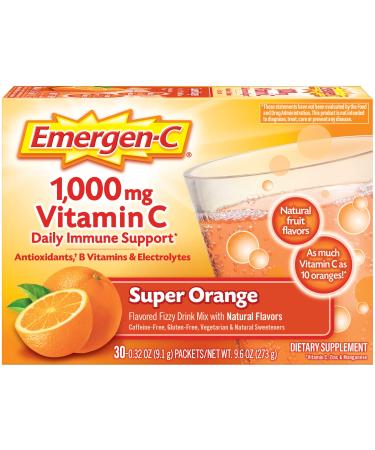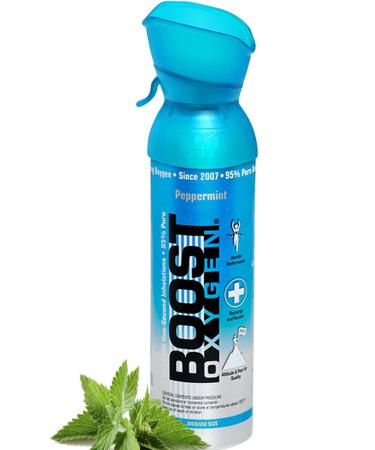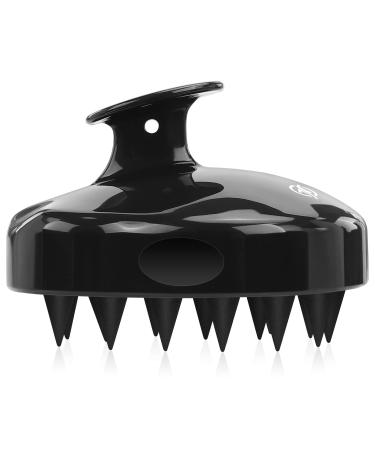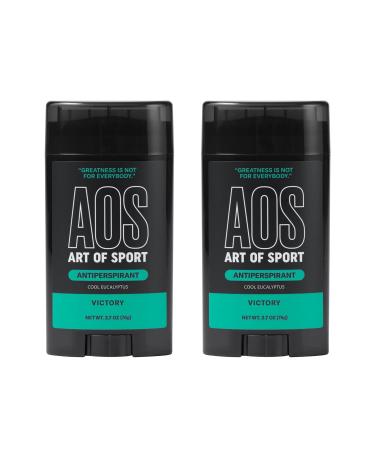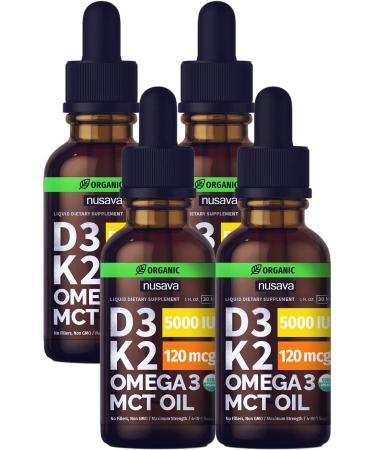Astaxanthin is a natural carotenoid pigment found abundantly in marine life including micro algae that gives the reddish-pink color to shrimp, lobsters and wild salmons. Astaxanthin is known as "The king of carotenoids," one of nature's most potent antioxidants that can counteract oxidative stress and has health benefits clinically supported by numerous studies. Dietary astaxanthin supplementation is widely used to enhance skin and visual health, support physical endurance and muscle performance, and promote age-related oxidative stress and immune health.*
Since 2010, AstaReal astaxanthin is the only astaxanthin to attain GRAS status (Generally Recognized As safe by the United States FDA Administration) and therefore is the only astaxanthin to have the permission to be marketed as an ingredient in food and beverages within the US.10 It is approved for use in nutritional supplementation in the US, Europe, and Japan, as well as other markets worldwide. AstaReal astaxanthin is obtained by cultivating the naturally occurring microalgae, Haematococcus pluvialis and is one of the purest and most potent astaxanthin in the world.*
Supports overall skin health*
The skin is the largest organ of the body and is directly exposed to environmental pollutants, solar radiation, and other mechanical and chemical factors, which can induce the generation of free radicals from oxidative stress.* Because the skin functions as a protective barrier between the body and its environment, it is exposed to more free radicals than other organs. With time, the normal aging process will also lead to the thinning of the skin layers, loss of elasticity and wrinkle formation. Evidence from literature review show that dietary supplementation could represent a significant alternative for improving skin health.* As such, evidence from in vivo and in vitro studies, as well as human clinical trials, have demonstrated that astaxanthin (oral supplements and/or topical applications) may play an important role in improving human skin health, displaying molecular and protective activities Astaxanthin helps to protect the skin, throughout the dermal layers, from free radical damage that is partly responsible for the skin aging process.* In addition, it improves the elasticity of the skin, skin smoothness and decreases fine lines and wrinkles by promoting healthy skin cell function.*
Provides one of the most potent natural antioxidants to support the body's defense against free radicals*
Carotenoids are a family of natural lipid-soluble pigments that are only produced by phytoplankton, algae, plants, fungi and bacteria. Carotenoids, and especially astaxanthin, are distinguished by their capacity to interact with chemically reactive species of oxygen (ROS) such as singlet oxygen and free radicals that are known to cause oxidative stress in the body. A growing body of scientific literature has revealed astaxanthin has the strongest quenching effect against singlet oxygen. In fact, astaxanthin was found to be at least 10 times stronger antioxidant than most well-known antioxidants, and 100 times stronger than Vitamin E. For these reasons, astaxanthin dietary supplementation has the potential to provide antioxidant protection at the cellular level in the entire human body. *
Promotes healthy immune response*
For the most part, the oxidant/antioxidant balance is maintained with a predominance of antioxidants in the body. Any disturbance in this equilibrium usually favor oxidants and can lead to oxidative stress with elevated intracellular levels of reactive oxygen species (ROS) that cause damage to lipids, proteins and DNA, a situation which not only harms membranes and biomolecules but also impairs cell integrity and functionality.22 Our immune system is extremely affected by elevated ROS levels since this phenomenon can adversely influence the immune cells and their defense mechanism as well. Since the immune system is an important indicator of well-being and longevity, maintaining an appropriate balance of oxidants and antioxidants is of great importance. As a defense mechanism, a vast array of endogenous antioxidants is produced within the body capable of scavenging the extra free radicals in order to preserve an optimal balance of oxidants and antioxidants, thereby maintaining appropriate cellular homeostasis.
CLINICAL STUDIES
A single blind placebo-controlled study was conducted to evaluate the cosmetic effects of astaxanthin oral supplementation (4 mg/day for six weeks) among forty-nine healthy middle-aged women in the US. The obtained results showed significant improvements in fine lines/wrinkles and elasticity by dermatologist's assessment and moisture content (via a NOVA meter) at the end of the study compared to the initial values of the measured parameters at baseline.*



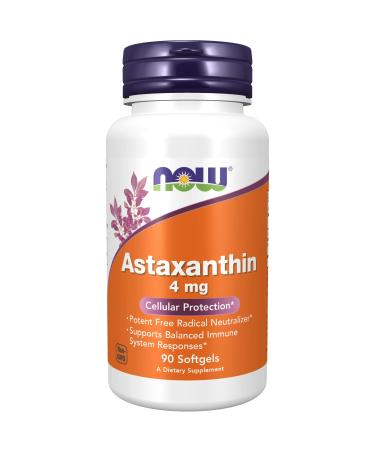
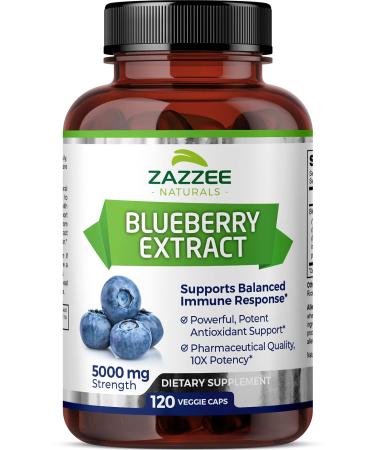
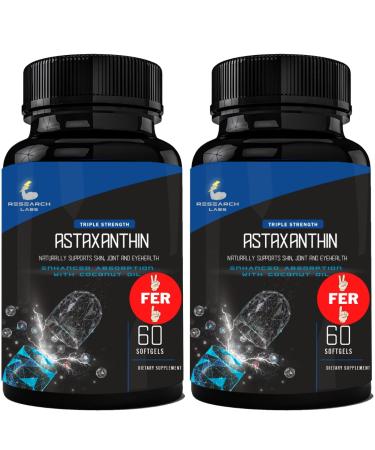
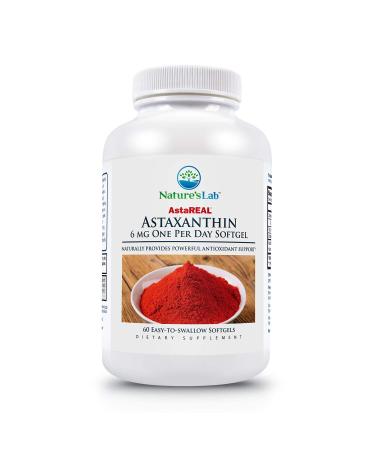


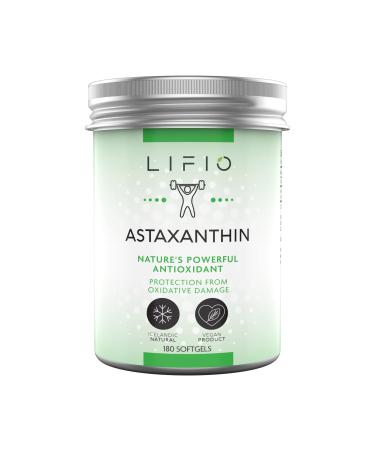

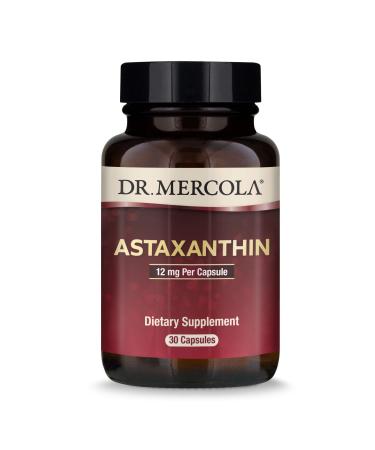



![Stewart Freeze Dried Dog Treats Made in USA [Single Ingredient Puppy and Dog Training Treats - Grain Free Natural Dog Treats] Resealable Tub to Preserve Freshness - Buy Online on GoSupps.com](https://www.gosupps.com/media/catalog/product/cache/25/small_image/375x450/9df78eab33525d08d6e5fb8d27136e95/6/1/61gwbbixarl._ac_sl1500_.jpg)
